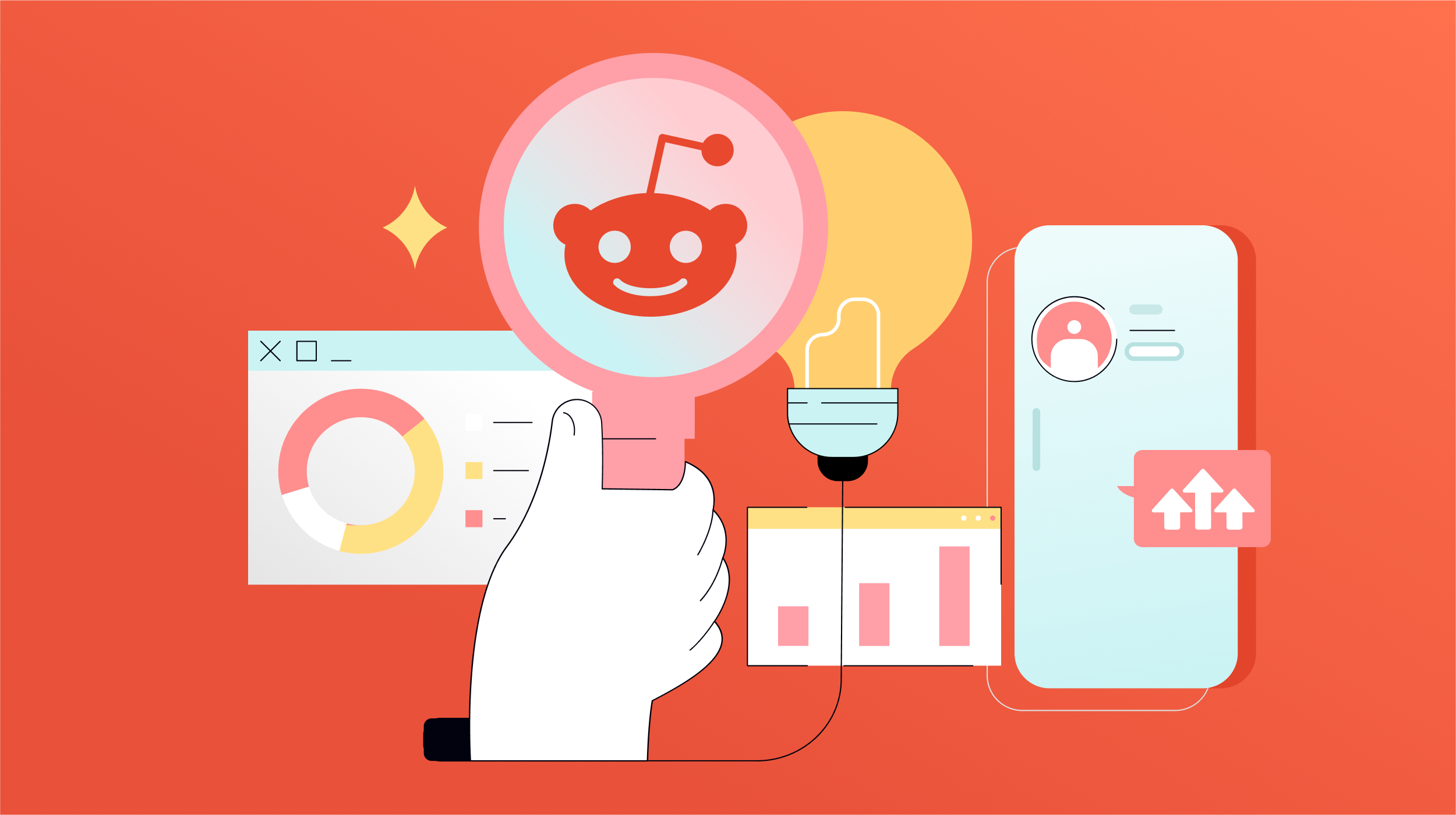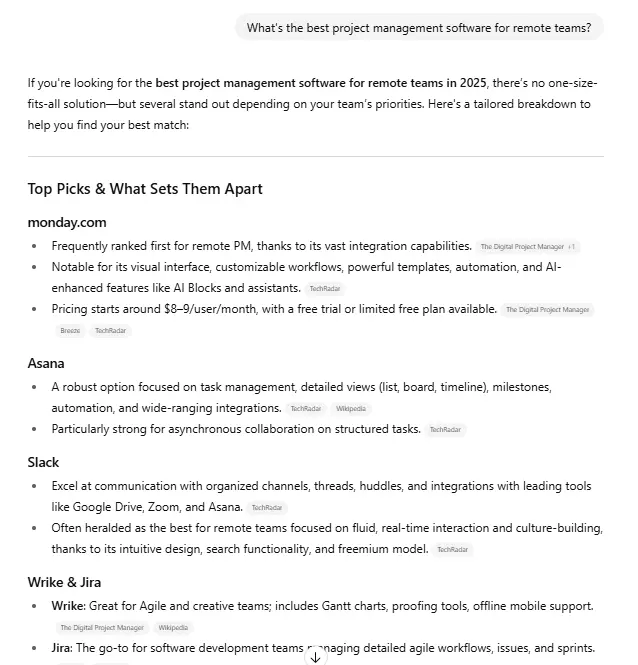Big Data in Healthcare Market: Rapid Growth Amid Challenges
The use of big data analytical tools offers enormous opportunities to collect large amounts of data for the development of therapeutic drugs. Big data in healthcare typically refers to data collection from different sources, including biometric systems, medical research,...

By implementing big data analytical tools in drug development, researchers can streamline healthcare operations with a real-time data analysis approach. With growing adoption in the healthcare and pharmaceutical industry, big data in the healthcare market has experienced a strong upward trajectory. According to the Roots Analysis report, the big data in the healthcare market witnessed remarkable growth. The market was worth an estimated USD 67 billion in 2023 and is projected to reach USD 540 billion by 2035 with a CAGR of 19.06%. The current market landscape for big data in healthcare features more than 405 companies offering different big data analytics services that range from data management, consulting, data integration, storage, and technical support. Currently, the big data in the healthcare market seems to be highly fragmented between very small, small, mid-sized, and very large companies. These companies offer technical expertise to provide big data analytical services across a variety of healthcare verticals and pharmaceuticals. As per the recently published report by Roots Analysis, close to 65% of the players in this market provide big data analytic services and are headquartered in North America. Despite the growing demand for AI-powered big data analytical tools for personalized medicine, the integration of these solutions into the healthcare industry is fraught with challenges, which are listed below. In the healthcare industry, data capturing that is accurate, complete, and well formatted to use in multiple systems is challenging. Poor data collection process can lead to incomplete understanding, which can impact decision-making abilities and the treatment of the patient. Irrationalized data collection methodologies also contribute to quality issues throughout the healthcare system. In order to improve data accuracy, a robust data collection system is required to improve healthcare services. With the integration of artificial intelligence and machine learning, healthcare professionals will be able to build accurate datasets. Implementation of big data analytical tools prioritizes valuable data types, including genomic data and individual patient-level information for particular projects. Big data analytical tools rely on multiple resources to collect information about patients and other things. If the data is not appropriate and clean, it may create difficulty in the healthcare decision-making process. Moreover, in the pharmaceutical industry, data cleaning is essential to operating clinical processes and managing disease and other vital operations. Data cleaning ensures that datasets and records are accurate, relevant, and free from corrupted data. However, conducting data cleaning manually is a tedious and time-consuming process—it may also lead to inaccuracy and data corruption. With the addition of automated data cleaning software and tools, healthcare experts can improve their data integrity efforts. The tools are likely to become essential for reducing time and the chances of errors. Further, the integration of artificial intelligence-based data analytic tools with a high level of data accuracy is on the horizon. Data storage while maintaining security and accuracy is a major issue for healthcare technology departments. With the increasing volume of data generated in the healthcare sector, managing costs can lead to a significant impact on the entire system, specifically on-premise data centers. On-premise data storage provides greater control over security, accessibility, and availability. However, an on-site server network may be costly to grow, complex to manage, and prone to data silos between departments. Cloud storage and other electronic medical ecosystems are becoming more appealing to providers and consumers as costs fall and dependability improves. The cloud provides agile disaster recovery, reduced upfront costs, and quicker growth, but organizations must exercise extreme caution when selecting Health Insurance Portability and Accountability Act of 1996 (HIPAA)-compliant cloud storage partners. Many healthcare organizations also implement a hybrid approach that offers flexibility and an efficient approach for team leaders with varying data access and storage requirements. When implementing hybrid infrastructure, the healthcare technology teams are required to be careful to ensure that the implemented systems are easy to streamline communication and share valuable information with other systems. Data security has to be prioritized for the healthcare industry to prevent data breaches, hacking, and ransomware activities. Notably, cyber-attacks are subject to a wide array of data vulnerabilities, and they may lead to the loss of valuable data about disease management, treatment, and patients' personal information. In order to maintain data security, healthcare technology has to follow HIPAA data security rules to protect health information, including authentication protocols, transmission security, controls over access, auditing, and integrity. Healthcare entities need to frequently emphasize the importance of data security protocols throughout the enterprise, prioritize employee cybersecurity instruction and healthcare-specific cybersecurity performance targets, and periodically assess what individuals have access to highly valuable data assets in order to prevent malicious parties from causing harm. To find out more insight about the big data in healthcare market, future trends, opportunities, challenges, and advancements, please read the full report by Roots Analysis on Big Data in Healthcare Market, which details this market’s unique dynamics, providing insights into the historical period (2022-2024) and forecasting trends for 2023-2035. Ronit Sharma is an accomplished business research and competitive intelligence professional with about seven years of experience in the pharmaceutical and healthcare industry. As a team leader at Roots Analysis, he has authored numerous multidisciplinary market research reports and led the efforts on several bespoke consulting assignments, providing valuable insights into the latest innovations in healthcare and the digital transformation of the pharmaceutical industry. Roots Analysis is a global leader in pharma and biotech market research. Having worked with over 750 clients worldwide, including Fortune 500 companies, start-ups, academia, venture capitalists, and strategic investors for more than a decade, Roots Analysis offers a highly analytical and data-driven perspective to a network of over 450,000 senior industry stakeholders looking for credible market insights. All reports provided by this firm are structured in a way that enables the reader to develop a thorough perspective on the given subject. The use of big data analytical tools offers enormous opportunities to collect large amounts of data for the development of therapeutic drugs. Big data in healthcare typically refers to data collection from different sources, including biometric systems, medical research, data analytical tools, and electronic medical records.
The use of big data analytical tools offers enormous opportunities to collect large amounts of data for the development of therapeutic drugs. Big data in healthcare typically refers to data collection from different sources, including biometric systems, medical research, data analytical tools, and electronic medical records. Big Data in Healthcare Market Size and Outlook
Top 4 Challenges for the Big Data in Healthcare Market
1. Accurate Data Collection
2. Data Cleaning
3. Storage Challenges
4. Data Security
Where to Learn More Information
About Author
About Roots Analysis

 Koichiko
Koichiko 











_4.jpg)


















